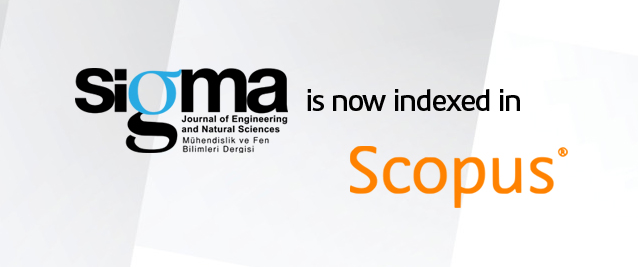Abstract
Anthocyanins are natural pigments in various fruits and vegetables, including black carrots. These pigments give the black carrot its dark purple color and have gained attention in the food industry due to their potential health benefits and functional properties. In this study, black carrot concentrate (BCC) was added to the tarhana formulation to improve the nutritional value and technological properties of tarhana, and its effects on the physicochemical, microbiological, and techno-functional properties of tarhana throughout the process were focused on. Fermentation increased the tarhana samples’ total acidity, moisture, ash, and protein contents. After drying, BCC was observed in the tarhana formulation markedly increased the ash (2.57–2.14%) and anthocyanin content (27.53–1.06 mg/100g) compared to traditional tarhana. The microbial composition (LAB, yeast, and TMAB) was similar before fermentation, but microbial growth was higher in tarhana without BCC after fermentation. It was found that the time taken to reach approximately 10% moisture value in tarhana samples was 420 min at 60°C. BCC reduced fermentation loss (12.47-8.41%) and viscosity (267.08–214.05 (267.08-214.05 mPa.s). Drying and fermentation did not significantly affect the total color change. While the emulsification activity of the samples increased (40.31–55.05%), the foaming stability (7.62–3.16) decreased. BCC was not effective on the foaming capacity, water absorption capacity, or oil absorption capacity. Tarhana with 5% BCC was similar to traditional tarhana in taste, odor, color, grittiness, cohesiveness, and overall acceptability.















